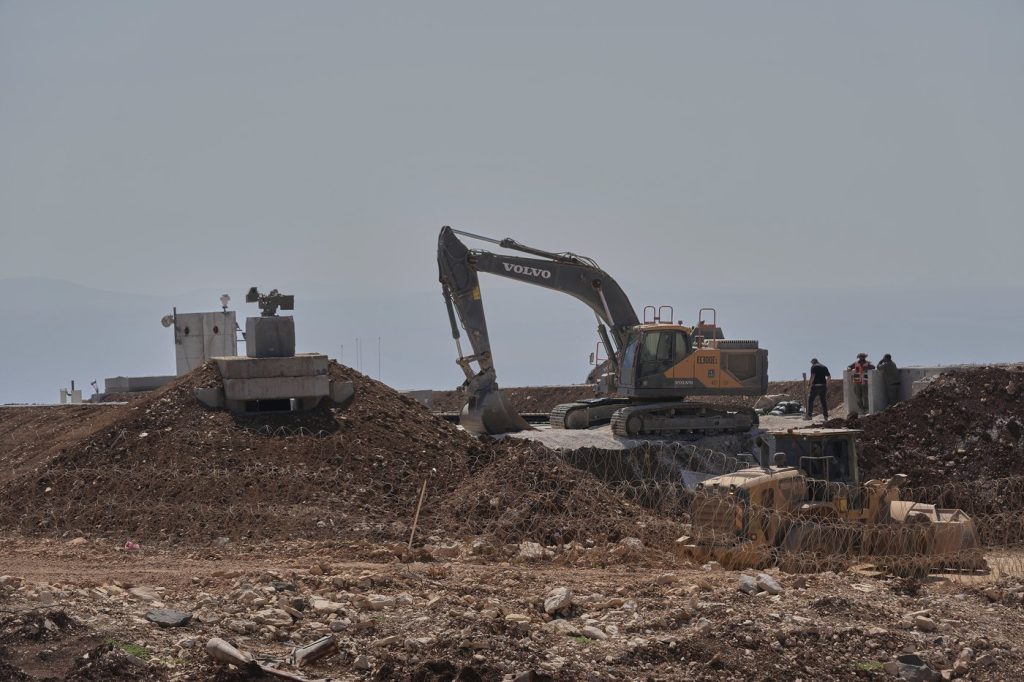Israeli Prime Minister Benjamin Netanyahu announced that Israeli forces could begin withdrawing from territories they hold in southern Lebanon, following what he described as a "momentous decision" by the Lebanese Cabinet earlier this month. The Lebanese government has pledged to work towards the disarmament of the militant group Hezbollah by the end of 2025.
During his statement on Monday, Netanyahu emphasized that Israel would respond with reciprocal measures, including a phased reduction of the Israeli military presence in southern Lebanon, if Lebanon undertakes the necessary steps to disarm Hezbollah. This comes in the context of ongoing tensions following the Israel-Hezbollah war, which concluded in November 2024 with a U.S.-brokered ceasefire.
Since the end of the war, Hezbollah officials have firmly stated that discussions regarding the group's disarmament would not commence until Israel withdraws from five strategic hills it controls within Lebanon and ceases its almost daily airstrikes, which have resulted in numerous casualties, primarily among Hezbollah members. As of now, there has been no immediate response from Lebanese authorities regarding Netanyahu’s announcement.
Beirut is currently facing pressure from the United States to disarm Hezbollah, a group that was significantly weakened during the prolonged conflict with Israel. Many of Hezbollah's political and military leaders were killed, which has prompted the U.S. to urge Lebanon to advance its disarmament agenda. A U.S. envoy, Tom Barrack, recently visited Israel and Lebanon, seeking to bolster the ceasefire and encourage Lebanon to take definitive action towards Hezbollah’s disarmament. Barrack commented that the "Lebanese government has done their part," and indicated that it was now Israel's turn to reciprocate.
In light of the extensive destruction caused by last year's war, which left parts of southern and eastern Lebanon in ruins and tallied damages of approximately $11.1 billion, Lebanon will require international support for reconstruction efforts. However, this support is likely to be contingent upon Hezbollah disarming, putting the Lebanese government in a precarious position as it navigates internal and external pressures.
Hezbollah's leadership, particularly Naim Kassem, the group’s secretary-general, has vociferously opposed any forceful disarmament efforts, raising concerns about the potential for internal conflict within Lebanon. The group's stance is that the Lebanese government's decision to disarm it aligns with Israel’s interests and thus must be resisted. Hezbollah has accused Israel of attempting to rebuild its military capabilities in the region and maintaining military positions that threaten Lebanese sovereignty, particularly five locations that overlook Israeli communities.
Despite claims of having withdrawn most of its fighters and military assets from areas near the Israeli border south of the Litani River, Hezbollah’s leadership asserts that any agreements between Israel and the U.S. regarding its disarmament predominantly pertain to the area south of the Litani. In contrast, Israel and the U.S. maintain that the disarmament of Hezbollah should encompass its operations throughout Lebanon.
The conflict flared up again when Hezbollah commenced rocket attacks from Lebanon in support of Hamas following the October 7, 2023, Hamas-led attack on Israel. This low-level conflict gradually escalated into full-scale war by September 2024, resulting in over 4,000 fatalities.











